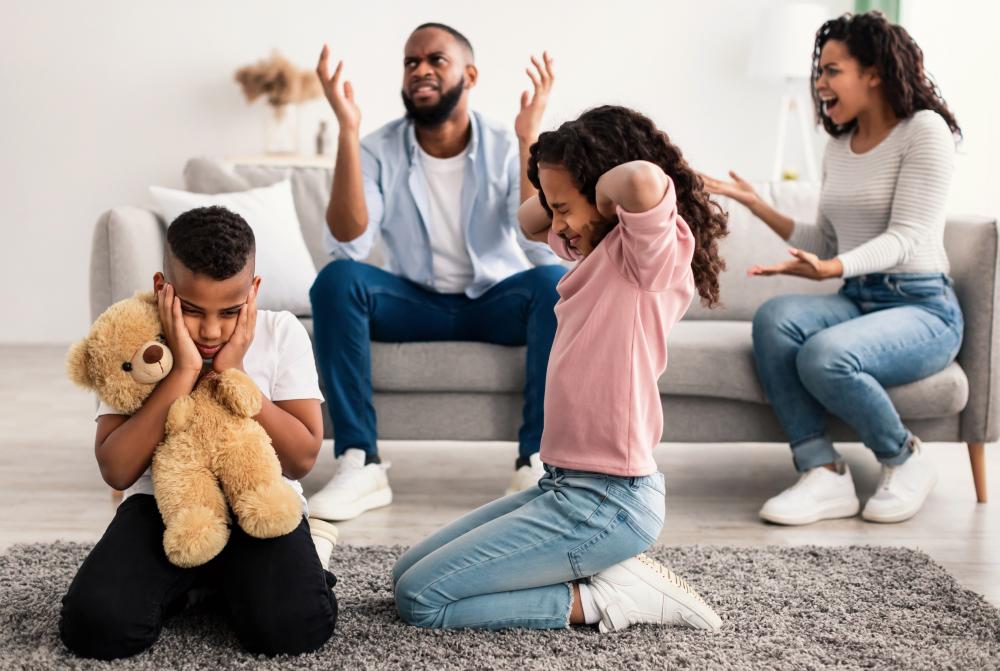What do you do when you find out your children are engaged in substance abuse, engage in unprotected sex, or deliberately harm themselves?
If your children are in need, you feel helpless, lost, or frustrated because everything you’ve tried so far just hasn’t worked. You feel as though you’re not a good parent. These feelings are normal.
You can help your adolescent child with harm reduction strategies for alcohol, substance use, and self harm. Harm reduction methods are not giving permission or enabling your kids to use drugs or hurt themselves. But harm reduction is used to minimize the negative impact on your children and on your family.
Seek help to reduce self injury if you notice your children are in danger
The decision to seek help is incredibly difficult but you may be saving your children’s lives by getting them the care they need. Because harm reduction can be used to minimize self-inflicted injury.
“Your child being in an uncomfortable situation is better than your child no longer being with us.”
This is what I said to a parent who needed help with an adolescent who was engaging in self harming behavior. I recommended hospitalization because the self injury was prolonged. This treatment was the best course of action.
Harm reduction helps your teenager get treatment without judgment and stigma. That’s because the focus is on helping your children get well.
The Center for Disease Control and Prevention (“CDC”) data shows that overdose deaths were about 107,622 in 2021. An increase of 15%. And drug overdose deaths among adolescents increased substantially starting in late 2019. We want to make sure your child is safe.
What is harm reduction?
Harm reduction is using strategies to prevent self injury. Self harm is intentionally hurting yourself. This includes piercing your skin with sharp objects, ripping your hair out, or hitting yourself. Mental health issues such as self harm can lead to substance abuse to release pressure. It can also work vice versa when substance abuse can result in self harm.
The principles of harm reduction focus on reducing the harmful effects of drug use and self-harm behaviors. The goal is to lower the transmission of infectious diseases and prevent overdose or injury. It’s a last resort method to save lives. Harm reduction is used for clients that have issues with drug abuse and self harm.
Often used in substance use cases, harm reduction strategy has proven to have a significant and critical impact on preventing as many overdose related deaths as possible according to Substance Abuse and Mental Health Services Administration (“SAMHSA”)
There’s usually a stigma around substance-using adolescents. And they’re seen through a negative lens. These adolescents are called druggies, burn outs, and thieves. But they simply need help. Adolescents often don’t have anyone to provide safe options without the risk of judgment. This is true for both substance using kids and those who engage in self harm
Harm reduction help
Mental health strategies used to lower self injury can be effective in substance use cases. I’ve seen it firsthand with the clients I work with.
If people don’t want to stop using alcohol or other drugs, then nothing you do or say will make them stop. All we can do is support them and be there for them when they’re ready. The hard truth is it’s difficult to quit cold turkey.
It’s incredibly difficult to stop drinking if someone has an alcohol use disorder. Quitting alcohol and other drugs cold turkey can lead to seizures, physical illness, and even death. But therapy can help get to the root cause so that your children can get on the road to recovery.
The truth is, we can’t force someone into change, however, we can work with them on finding the change within themselves. It is important to provide a judgment free space for adolescents who struggle with self harm or substance use. I know it’s difficult. But therapy can help when you want to help and you’re at your wits end.
Therapy is a setting where your children can confide in someone without feeling judged. As a therapist I often aim to walk with my clients on their healing journey rather than lead or follow. It’s a partnership where success can be nurtured. And setbacks become learning experiences rather than shame.
It can be embarrassing or guilt inducing for adolescents to confide in someone and to be vulnerable. The weight of judgment can even be more harmful than helpful. For well-meaning people it’s okay to want to help but sometimes you need the help of a professional mental health counselor.
To speak with a therapist at Ammirati Counseling call 847-217-9381 and just say “I need help.”
- Harm Reduction.” SAMHSA
- 745 ILCS49;Good Samaritan Act.
- Chicago Recovery Alliance
- U.S. Overdose Deaths In 2021 Increased Half as Much as in 2020 – But Are Still Up 15%
- Drug Overdose Deaths Among Persons Aged 10–19 Years — United States, July 2019–December 2021
Don’t hesitate to reach out to Ammirati Counseling to ask and inquire about support services that you can receive to help with overcoming feelings of depression, loneliness, stress or anxiety.
847.217.9381
Book An Appointment


![Adolescent Harm Reduction Help]](https://ammiraticounseling.com/wp-content/uploads/2023/03/sad-children-and-abusive-father-holding-belt-at-ho-2022-12-16-16-20-59-utc.jpg)